To provide the best experiences, we use technologies like cookies to store and/or access device information. Consenting to these technologies will allow us to process data such as browsing behaviour or unique IDs on this site. Not consenting or withdrawing consent, may adversely affect certain features and functions.
The technical storage or access is strictly necessary for the legitimate purpose of enabling the use of a specific service explicitly requested by the subscriber or user, or for the sole purpose of carrying out the transmission of a communication over an electronic communications network.
The technical storage or access is necessary for the legitimate purpose of storing preferences that are not requested by the subscriber or user.
The technical storage or access that is used exclusively for statistical purposes.
The technical storage or access that is used exclusively for anonymous statistical purposes. Without a subpoena, voluntary compliance on the part of your Internet Service Provider, or additional records from a third party, information stored or retrieved for this purpose alone cannot usually be used to identify you.
The technical storage or access is required to create user profiles to send advertising, or to track the user on a website or across several websites for similar marketing purposes.
 Office design and expectations around professionalism in the workplace are evolving along with the modern workforce in America, according to a new report from researchers at Olivet Nazarene University. The Modern Office Study claims that office design is evolving in parallel with changes in working culture, especially in the way that traditional North American cubicles, which were once the default model of office design in the US, are rapidly being replaced with open plan layouts. The report claims that these are now found in over half of American workplaces. (more…)
Office design and expectations around professionalism in the workplace are evolving along with the modern workforce in America, according to a new report from researchers at Olivet Nazarene University. The Modern Office Study claims that office design is evolving in parallel with changes in working culture, especially in the way that traditional North American cubicles, which were once the default model of office design in the US, are rapidly being replaced with open plan layouts. The report claims that these are now found in over half of American workplaces. (more…)







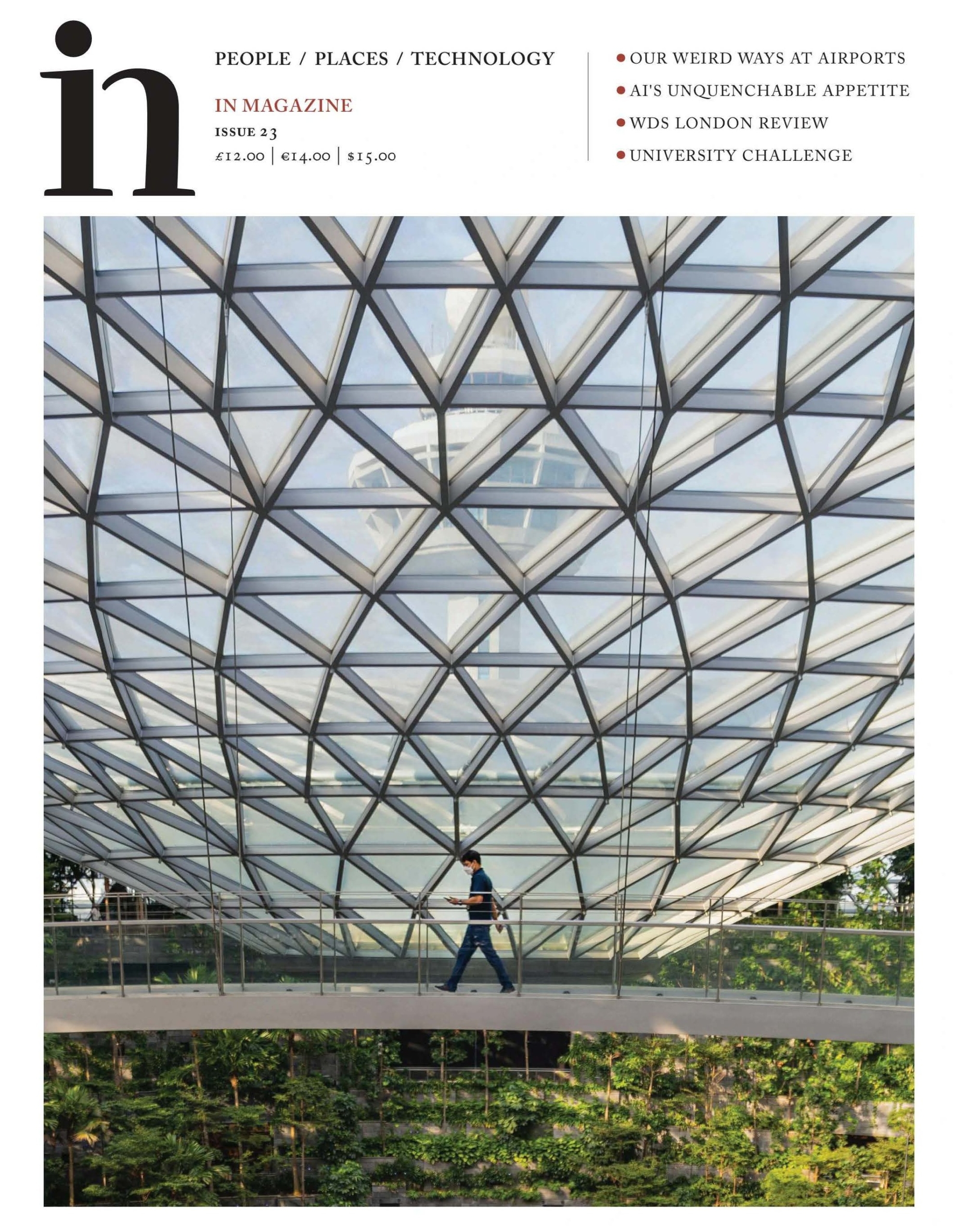
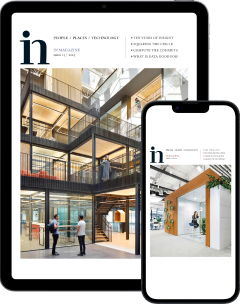
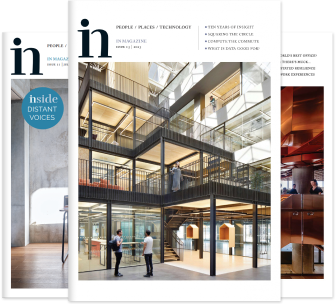
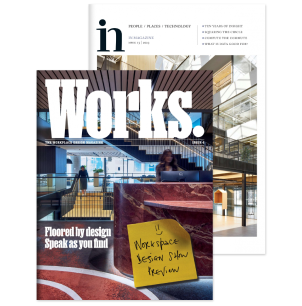



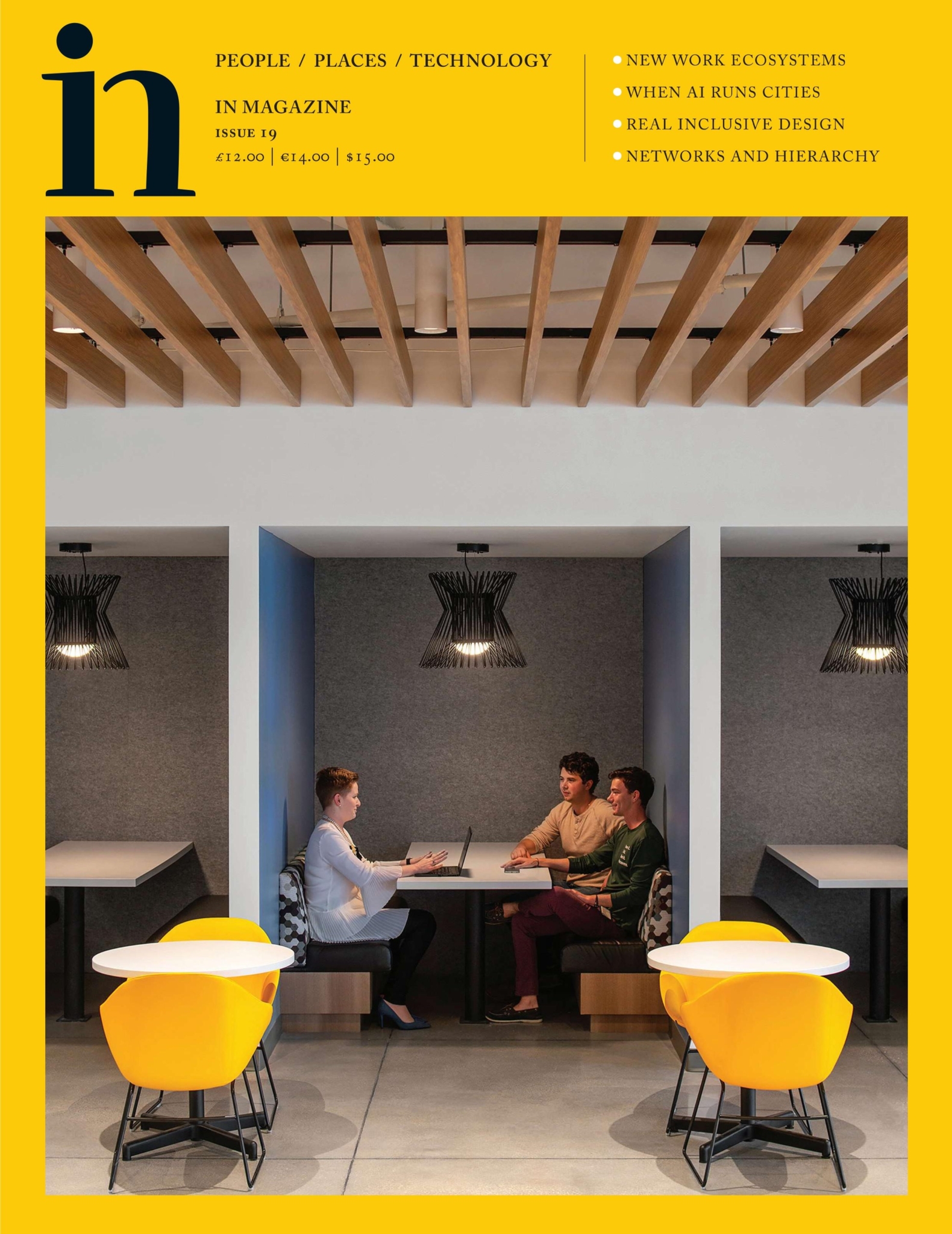





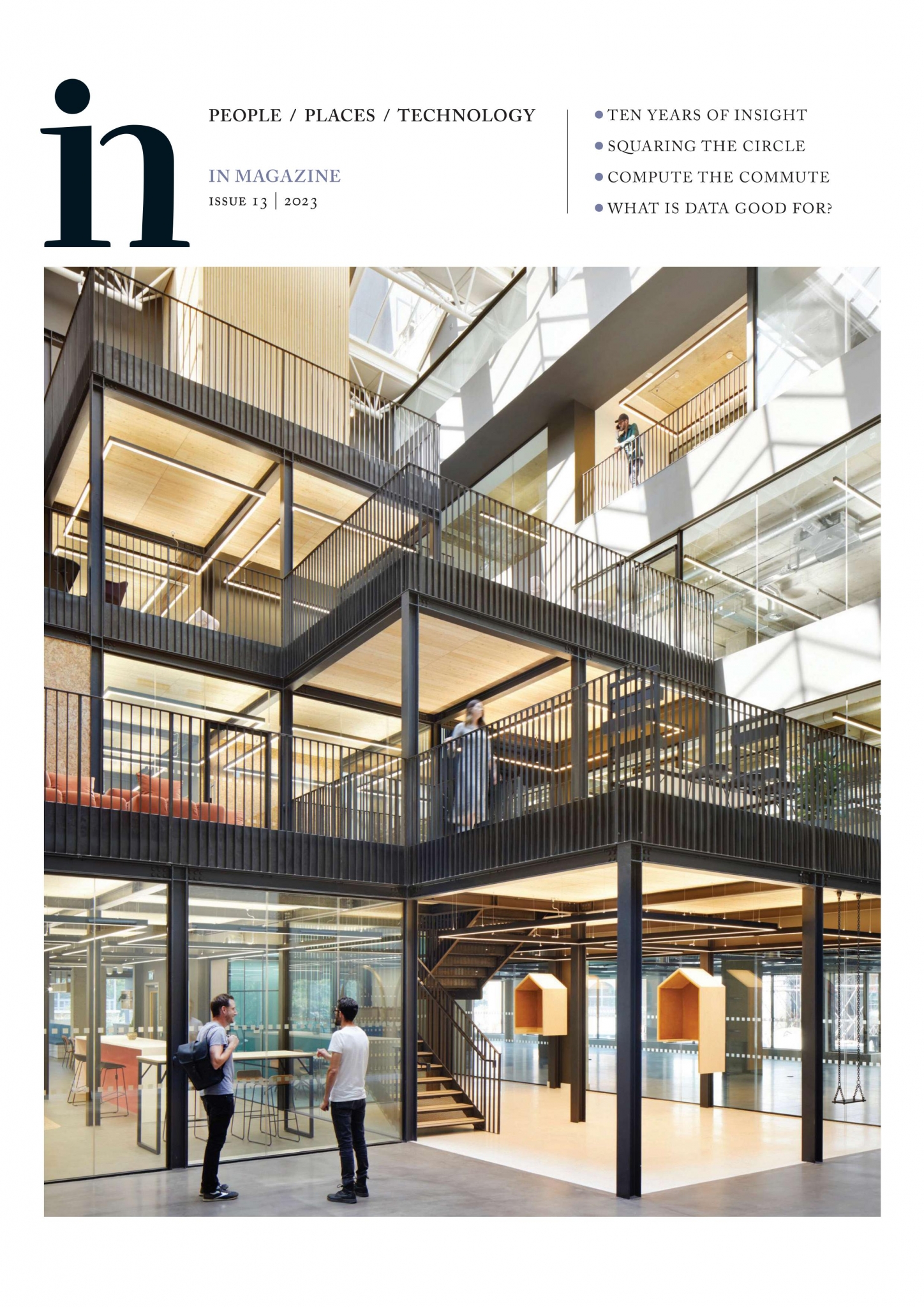
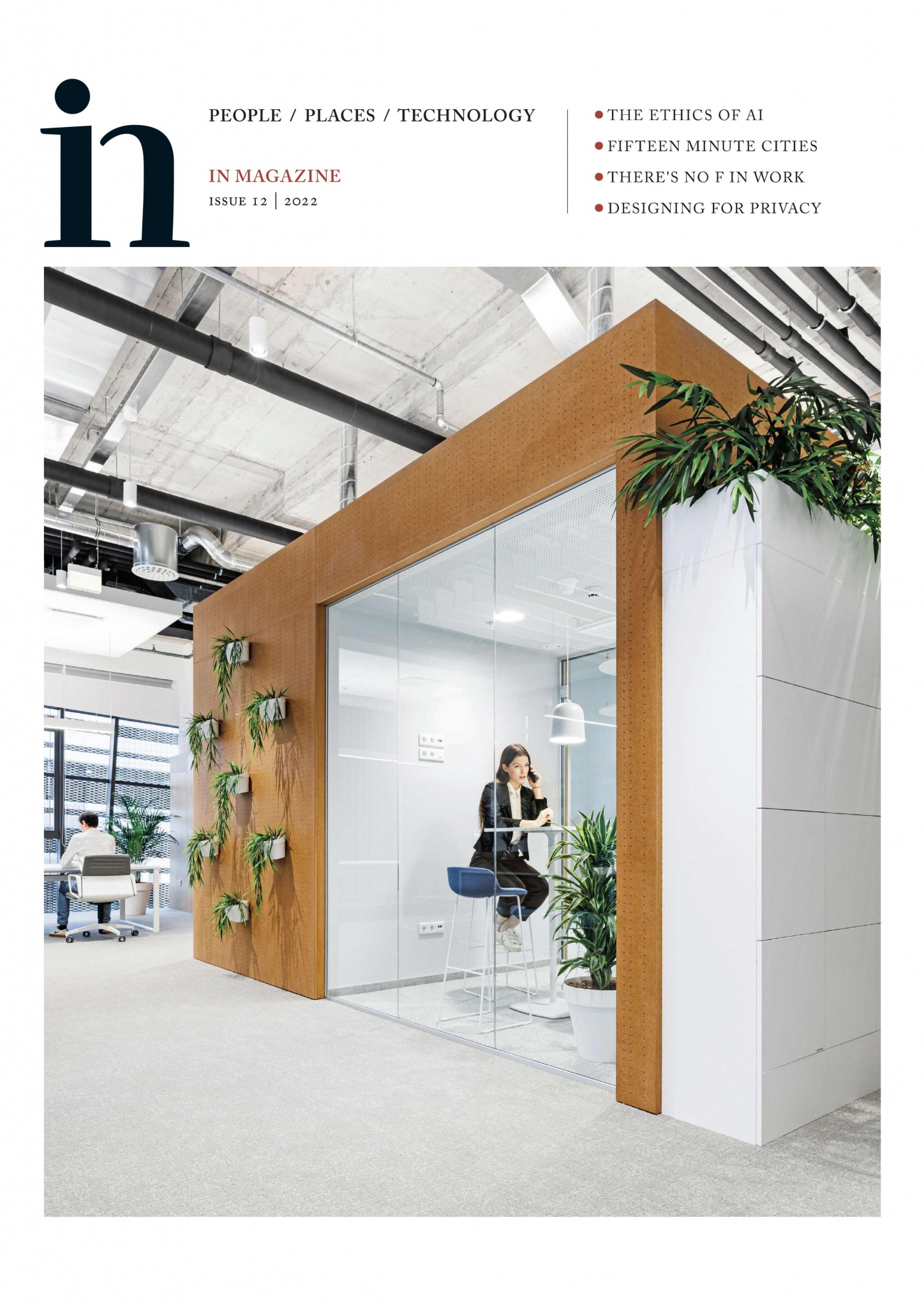







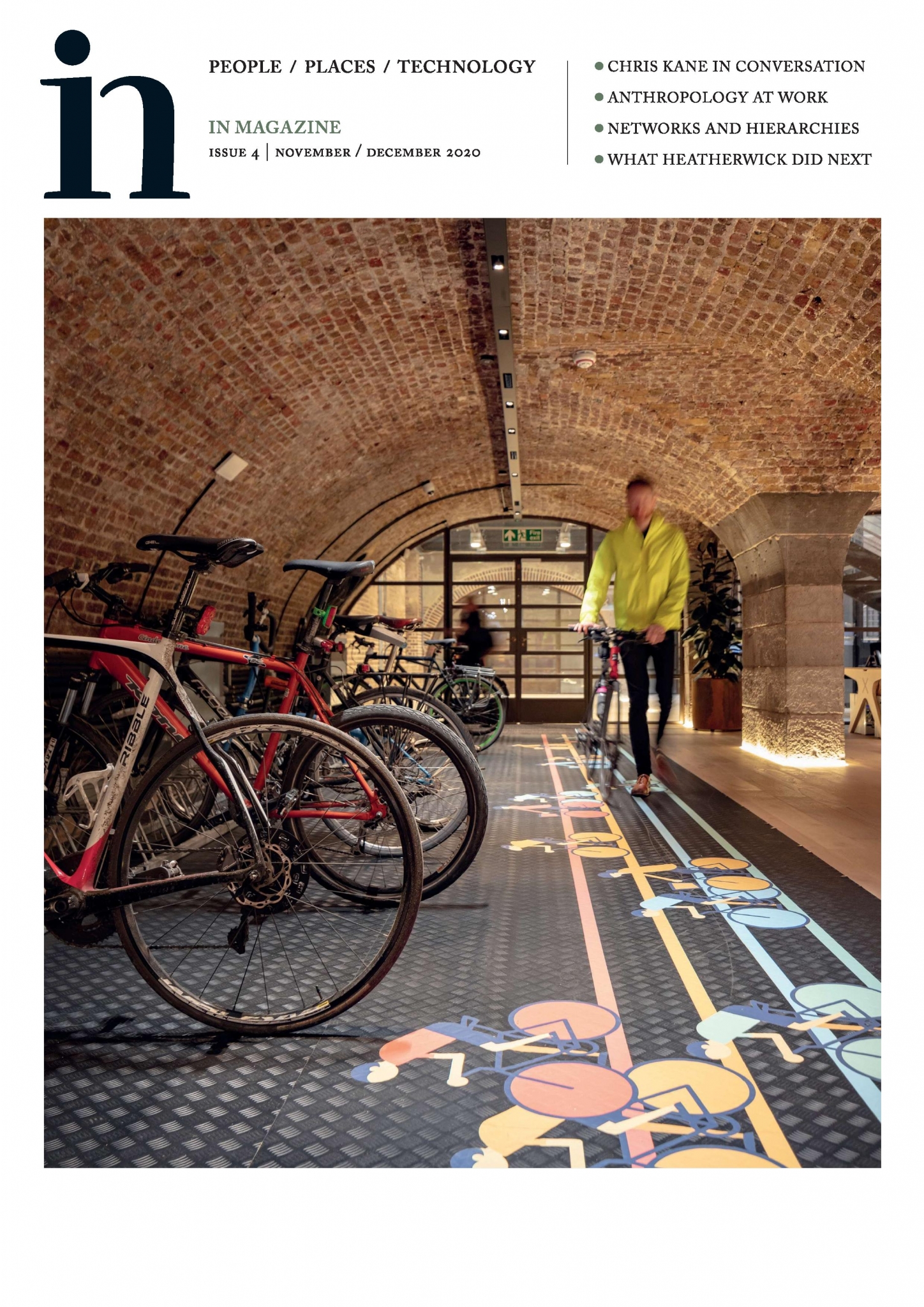
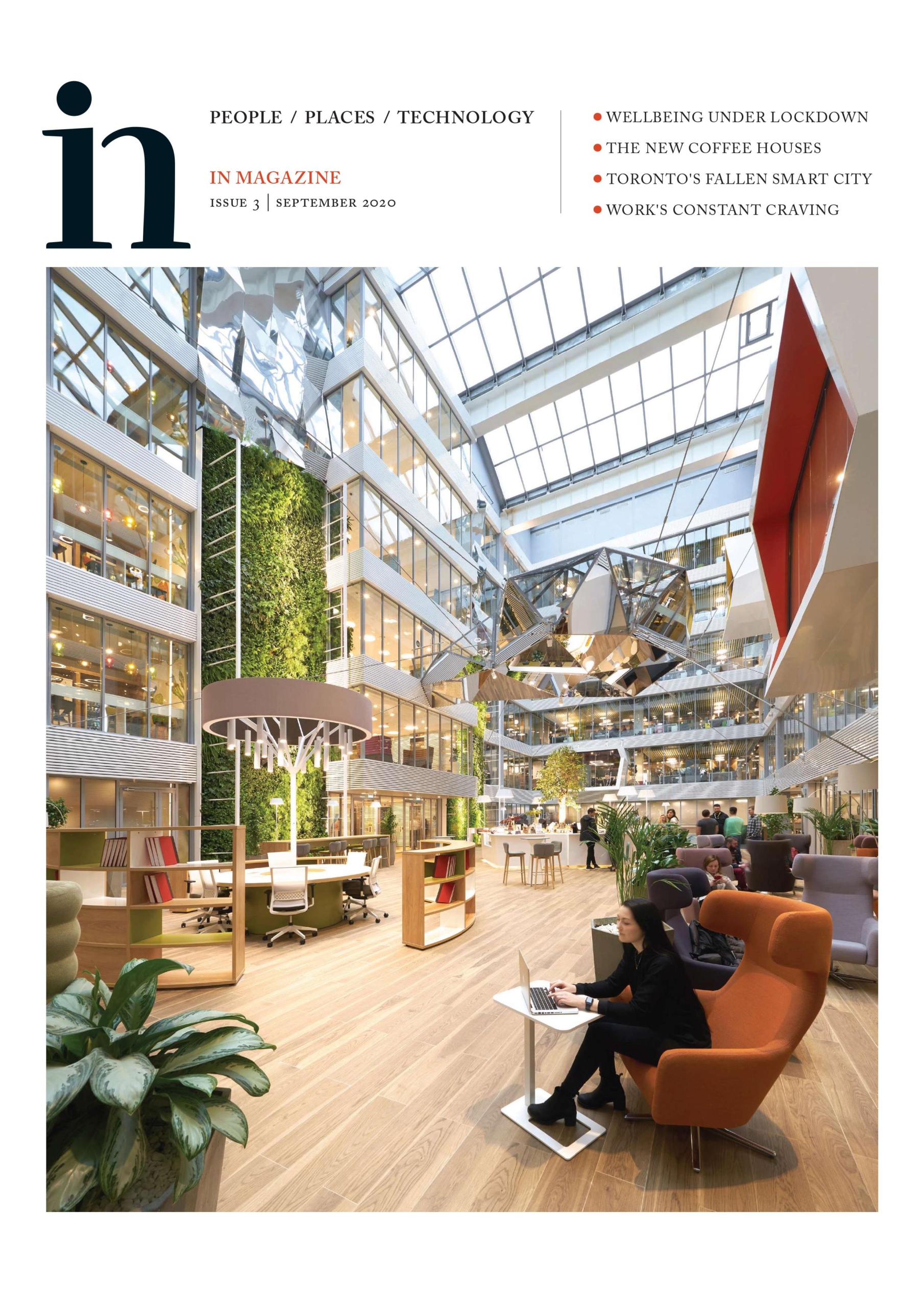
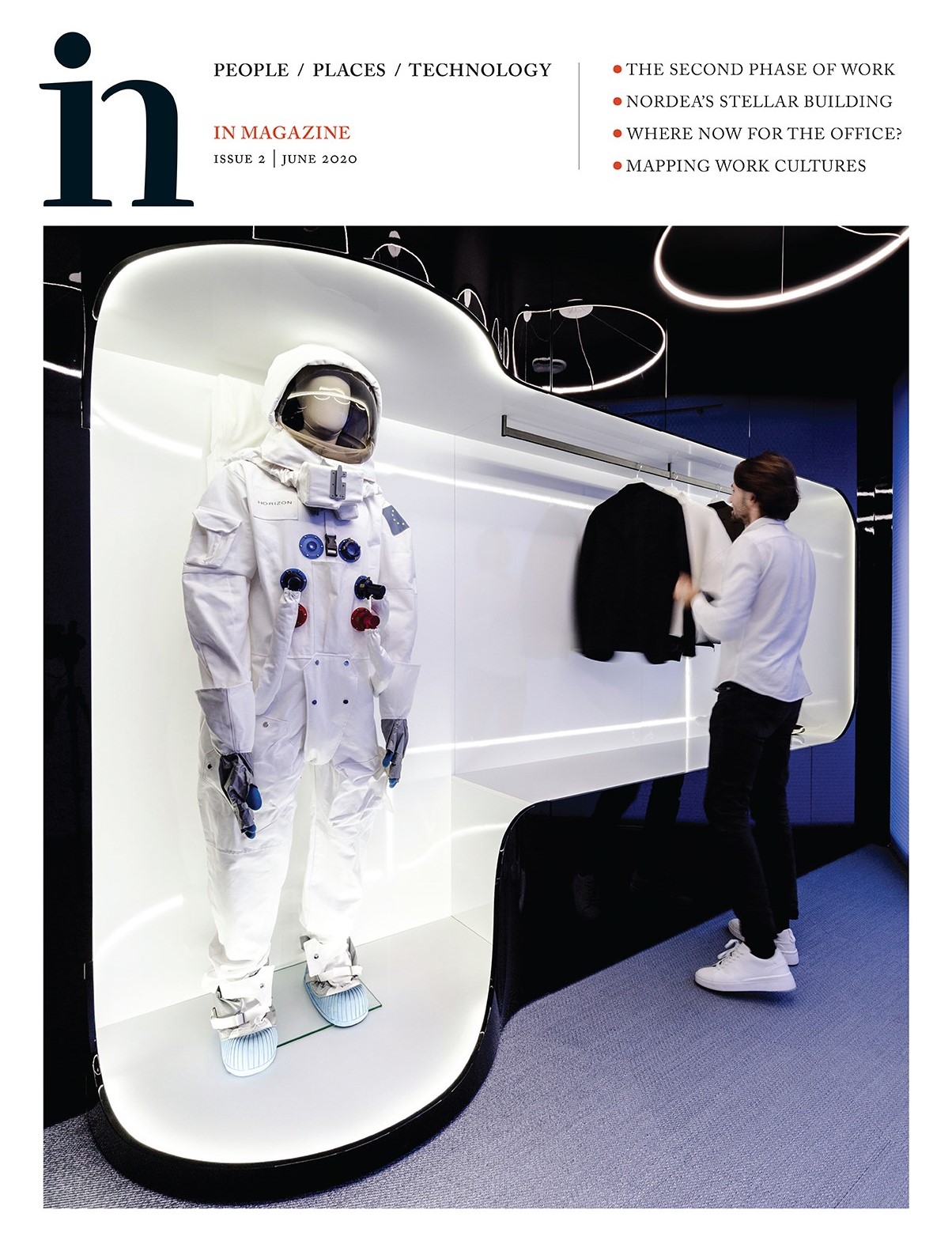







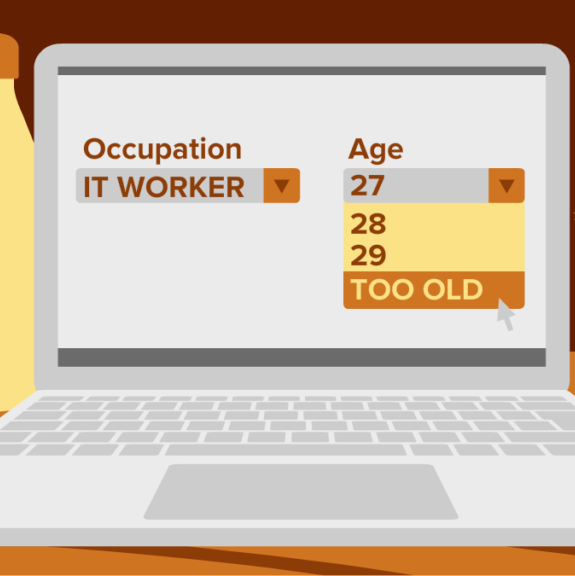
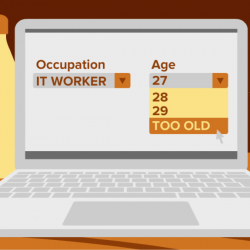
















January 3, 2020
Burnout remains a risk for workers of all generations
by Brendan Street • Comment, Wellbeing